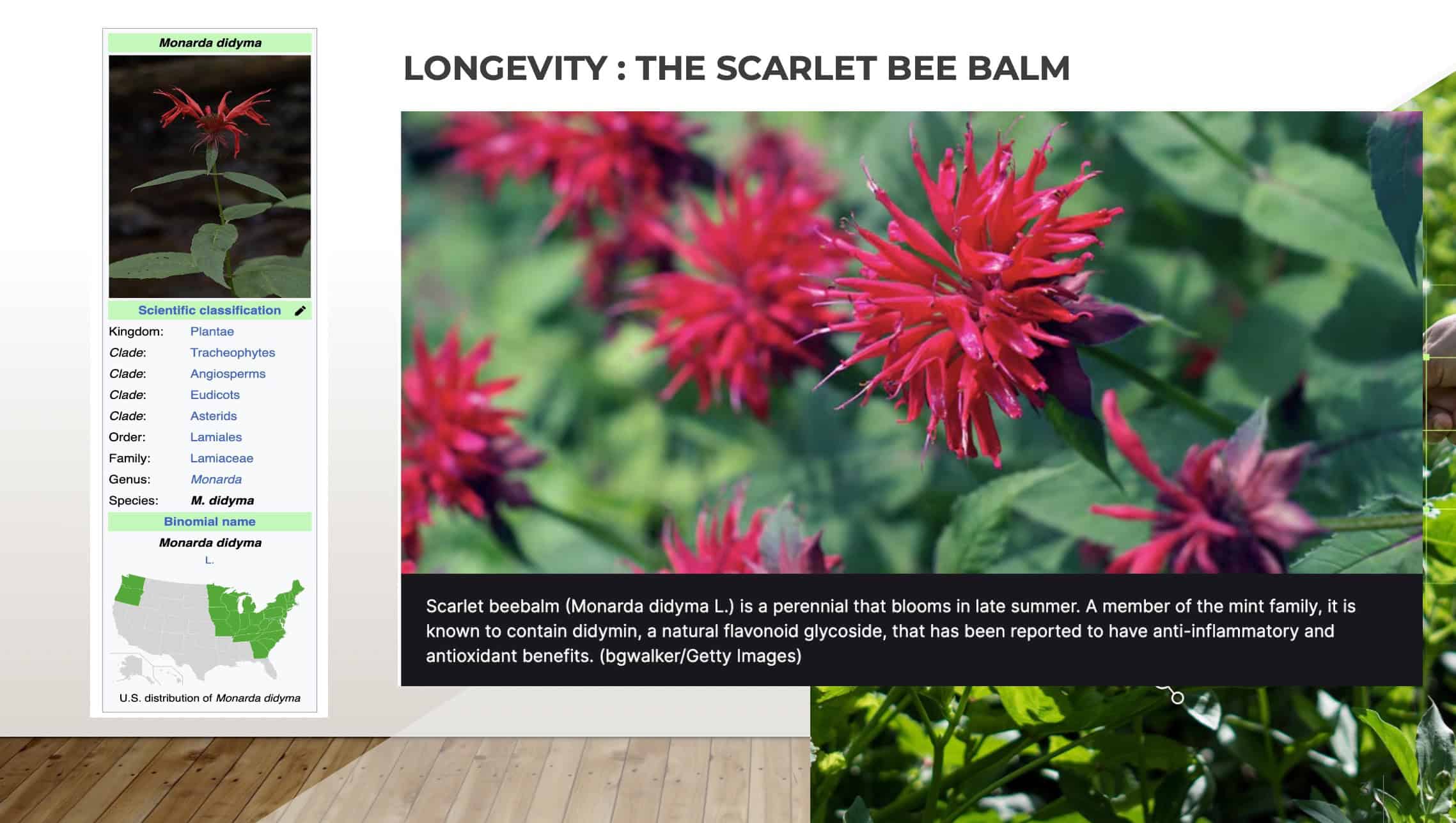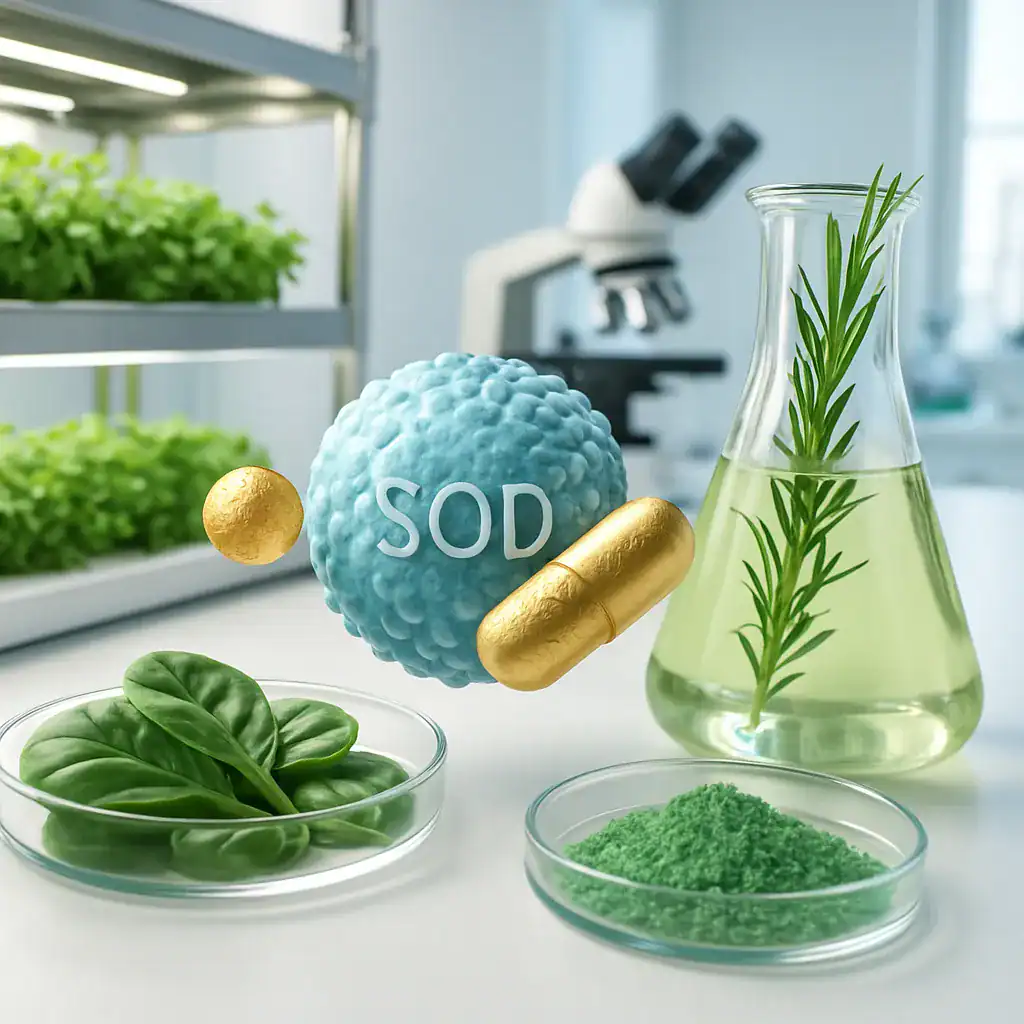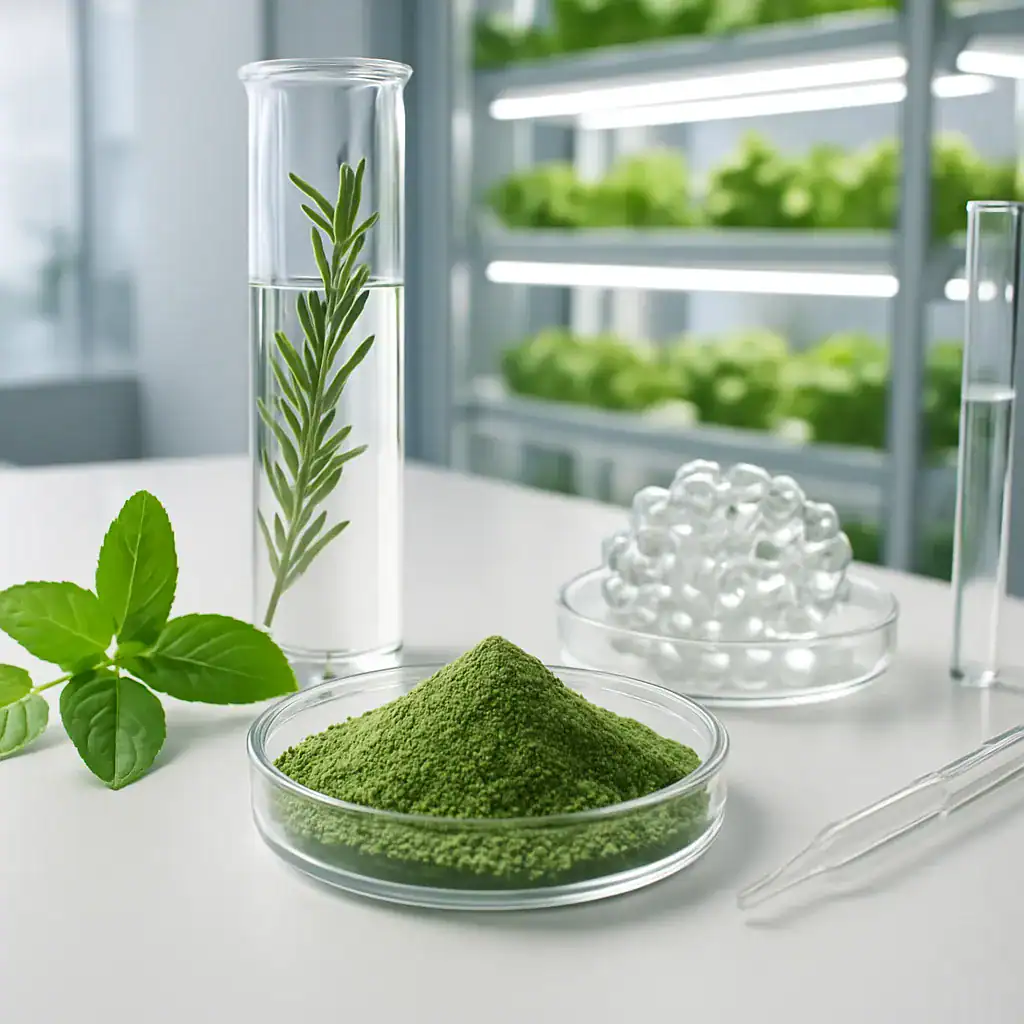Why Zero Residue Herbal Extracts Are the Future of Clean Label Products
Controlled Environment Agriculture: Revolutionizing Nutraceutical Innovation
Controlled environment agriculture represents a transformative approach to cultivating high-value plants used in nutraceutical formulations. By precisely managing all environmental parameters, CEA enables consistent production of plants with optimized bioactive profiles—a crucial advancement for the nutraceutical industry.
From Laboratory to Supplement: The CEA Advantage
Controlled environment agriculture bridges the gap between laboratory science and commercial production of nutraceuticals. This sophisticated cultivation method allows companies like PhNóva to develop plant-based supplements with unprecedented consistency and efficacy.
Precision Growing for Enhanced Bioavailability
You’ve likely encountered patients who report varying responses to the same botanical supplement. This inconsistency often stems from fluctuations in bioactive compound concentrations in conventionally grown plants. CEA addresses this challenge directly:
- Standardized growing conditions ensure consistent phytochemical profiles
- Stress optimization techniques can increase production of beneficial compounds
- Contamination control eliminates the need for pesticides or fungicides
- Year-round production removes seasonal limitations on supply chains
But have you ever considered that the bioavailability of these compounds matters as much as their presence? This is where PhNóva’s expertise in exosome technology creates a remarkable synergy with controlled environment agriculture.
Nanodelivery Systems: Enhancing Natural Compounds
PhNóva’s Exosomes-Nutra technology leverages plant-derived exosomes—natural nanocarriers that enhance the bioavailability of bioactive compounds. When combined with precisely grown botanicals from controlled environments, these delivery systems ensure superior absorption and targeted delivery.
This integration represents a significant advancement in nutraceutical science. Plants grown in controlled environments already have optimized bioactive profiles; when these compounds are delivered via natural nanocarriers, their therapeutic potential is maximized.
Sustainable Production for a Healthier Future
Controlled environment agriculture offers substantial sustainability benefits that align with increasing consumer demand for environmentally responsible products:
- Water usage reduction of up to 95% compared to conventional farming
- Minimal land footprint through vertical growing systems
- Reduced transportation emissions through localized production
- Elimination of agricultural runoff and soil degradation
These sustainability factors are increasingly important to health-conscious consumers who want supplements that benefit both personal and planetary health.
The Future of Plant-Based Nutraceuticals
As research continues to uncover new beneficial plant compounds, controlled environment agriculture will play an increasingly vital role in nutraceutical innovation. The ability to fine-tune growing conditions to enhance specific bioactive profiles opens new possibilities for targeted health solutions.
PhNóva’s integration of CEA-produced botanicals with advanced delivery systems represents the cutting edge of this field—creating supplements that offer unprecedented efficacy through optimized bioavailability and precisely controlled bioactive profiles.
Our Key Areas of Expertise

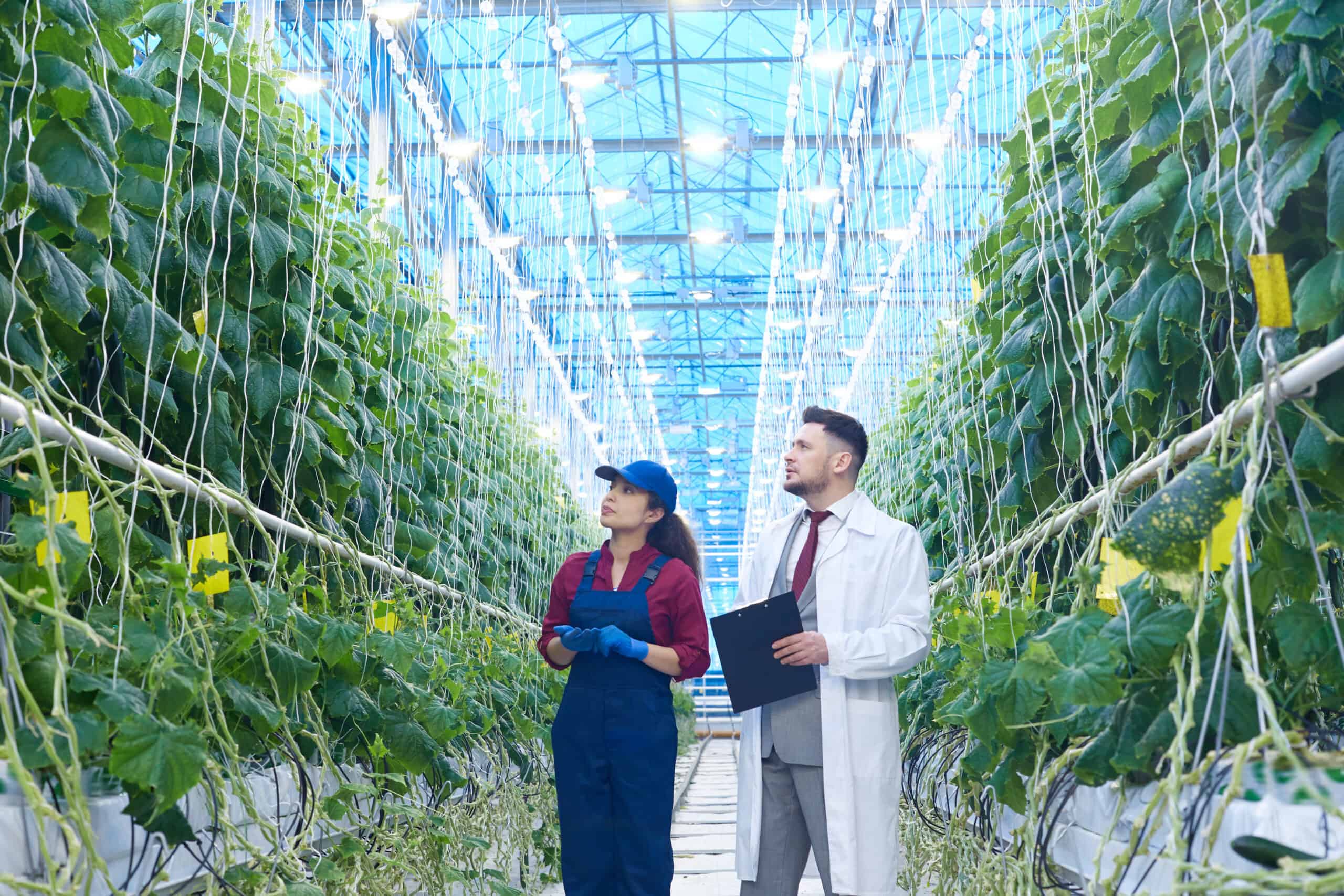
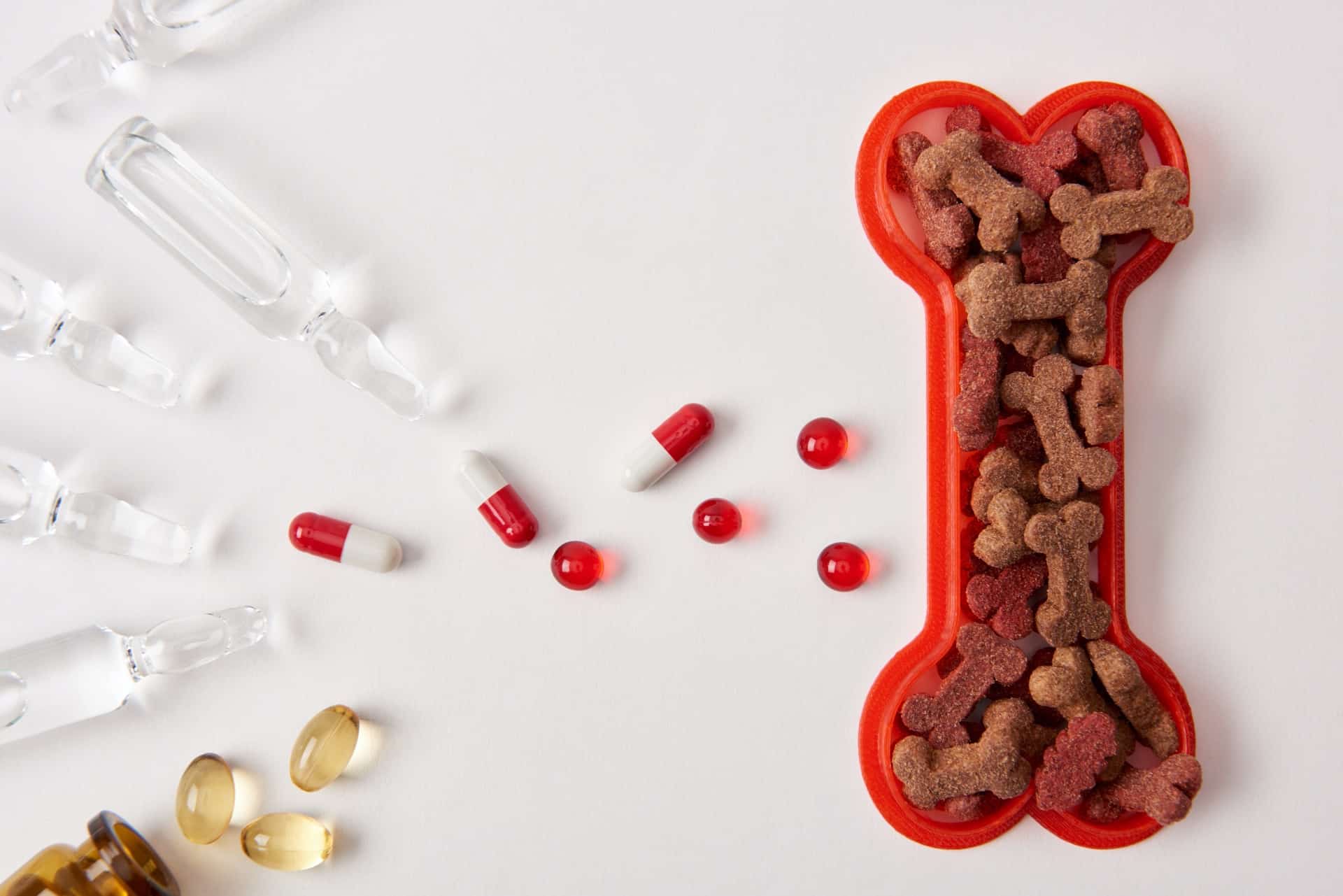
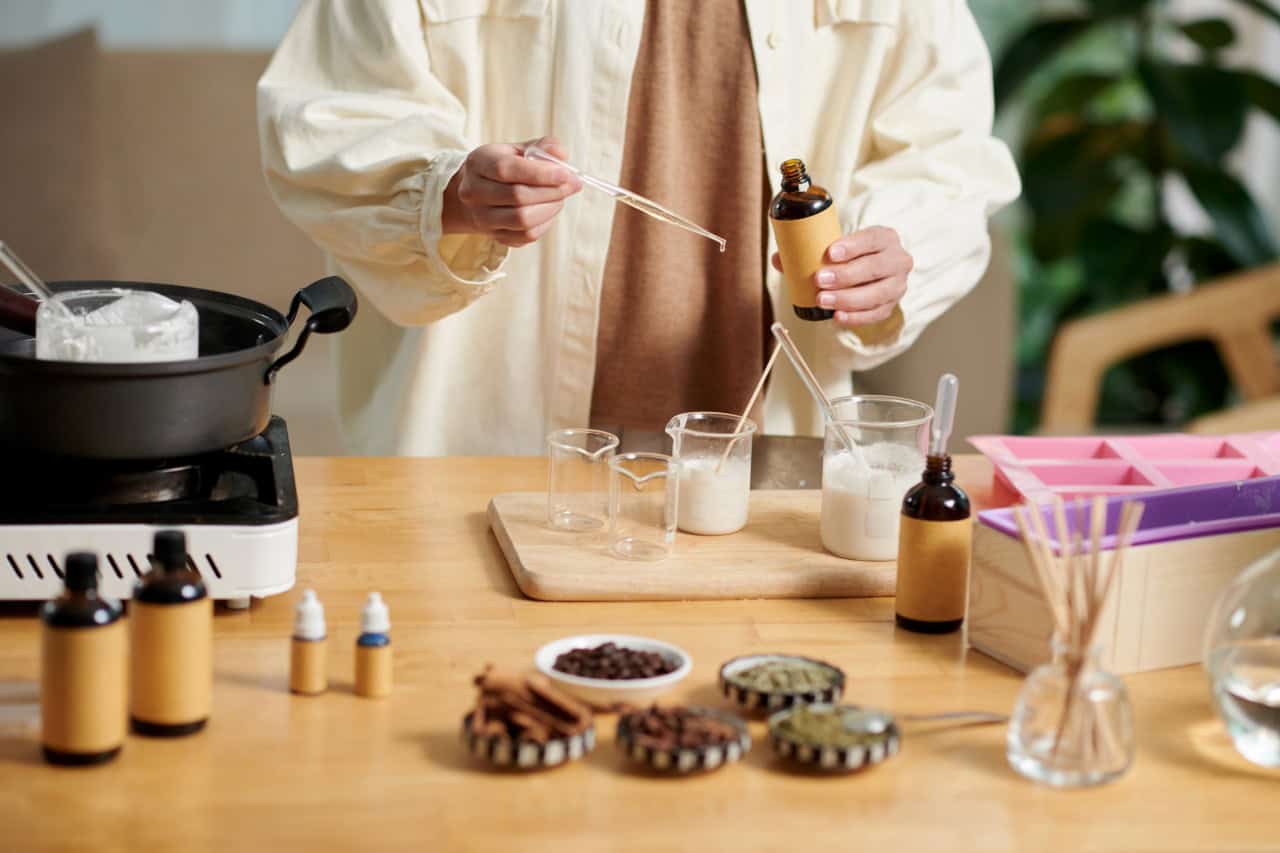
The Integrated Ecosystem of Controlled Environment Agriculture in Nutraceutical Production
When you examine the full potential of controlled environment agriculture, its impact extends far beyond basic crop production. This advanced cultivation method creates a foundation for numerous interconnected processes that collectively enhance both mental and physical health outcomes through superior nutraceutical products.
Synergistic Production Methods for Enhanced Bioactive Profiles
Controlled environment agriculture doesn’t operate in isolation—it functions as part of an integrated production ecosystem. The carefully grown plants become raw materials for various extraction and processing techniques that preserve and enhance their beneficial properties.
You might notice that supplements produced from conventionally grown plants often require additional processing to standardize their active ingredients. In contrast, plants from vertical farming systems already contain optimized levels of bioactive compounds, requiring gentler processing methods that preserve their natural integrity.
- Plant stress optimization techniques enhance production of specific compounds
- Precision harvesting ensures optimal bioactive profiles at collection
- Gentle extraction methods preserve delicate compounds
- Standardized processing delivers consistent end products
Exosome Technology: Bridging Agriculture and Biomedical Innovation
One of the most revolutionary connections occurs between controlled cultivation and exosome technology. Plant-derived exosomes serve as natural nanocarriers that dramatically improve the bioavailability of nutraceutical compounds.
When plants are grown in controlled environments, they produce exosomes with more consistent characteristics. These natural vesicles then become the foundation for advanced delivery systems that enhance the absorption and efficacy of bioactive compounds in the human body.
This integration represents a perfect example of how controlled environment agriculture connects to broader nutraceutical innovation:
| Production Stage | Traditional Approach | CEA-Enhanced Approach |
|---|---|---|
| Cultivation | Seasonal, variable conditions | Year-round, optimized conditions |
| Harvesting | Based on calendar timing | Based on bioactive peak levels |
| Processing | Heavy processing to standardize | Minimal processing to preserve |
| Delivery | Limited bioavailability | Enhanced through natural nanocarriers |
| Efficacy | Variable, dose-dependent | Consistent, efficient at lower doses |
Superoxide Dismutase: A Case Study in Integrated Production
Consider Superoxide Dismutase (SOD), a powerful enzyme recognized for its ability to neutralize oxidative stress and inflammation. Traditional SOD supplements faced significant challenges with bioavailability and stability.
Through integrated production processes beginning with controlled environment agriculture, these limitations are being overcome:
- Specialized growing conditions maximize SOD production in source plants
- Harvest timing is precisely calculated to capture peak enzyme activity
- Gentle extraction methods preserve the delicate enzyme structure
- Exosome encapsulation protects SOD through the digestive process
- Targeted delivery ensures the enzyme reaches tissues where it’s most needed
You can see how this comprehensive approach transforms a potentially fragile bioactive compound into a stable, effective nutraceutical that delivers meaningful health benefits.
Sensory Enhancement: The Role of Aroma in Nutraceutical Compliance
Another important connection exists between controlled cultivation and sensory enhancement technologies. The palatability of nutraceutical products significantly impacts consumer compliance and, ultimately, health outcomes.
Plants grown in controlled environments can be optimized not only for their bioactive compounds but also for their sensory profiles. This cultivation approach provides consistent raw materials for companies like PhNóva to develop masking agents that neutralize unwanted bitterness or strong odors in supplements.
When you recommend supplements to clients, their sensory experience matters tremendously for long-term compliance. Integration between controlled agriculture and aroma technology creates products that are not only effective but also pleasant to consume.
Sustainable Production Systems: Environmental and Human Health Connections
The interconnection between environmental and human health becomes particularly evident through sustainable production methods in controlled environment agriculture. These systems dramatically reduce:
- Water consumption (up to 95% less than conventional farming)
- Land use (through vertical growing systems)
- Carbon emissions (through reduced transportation and energy-efficient facilities)
- Chemical inputs (through biological pest management)
These environmental benefits directly translate to human health advantages. Supplements produced through sustainable methods contain fewer contaminants and often higher levels of beneficial compounds, while also contributing to planetary health—an increasingly important consideration for health-conscious consumers.
Precision Nutrition: From Controlled Growth to Personalized Health
The consistency achieved through controlled environment agriculture enables more precise approaches to nutrition science. When starting materials have standardized profiles, researchers and formulators can develop more targeted nutraceutical solutions for specific health conditions.
This precision extends to emerging fields like nutrigenomics, where dietary compounds interact with genetic expression. The controlled cultivation of plants with specific bioactive profiles creates new possibilities for developing nutraceuticals that address individual genetic predispositions to various health conditions.
Through these interconnected production processes, controlled environment agriculture doesn’t just improve individual supplements—it transforms the entire approach to developing solutions for both mental and physical health.
R&D Consultancy
Discover how PhNóva’s R&D Consultancy can help transform your idea into a market-ready solution — with expert support in formulation, regulatory compliance, and innovative delivery systems to give your product a competitive edge.
FAQ's about Why Zero Residue Herbal Extracts Are the Future of Clean Label Products
Get in Touch with PhNóva
Have questions or need expert guidance? Contact us today — our team is ready to assist you with tailored solutions for your formulations.

30/03/2025



